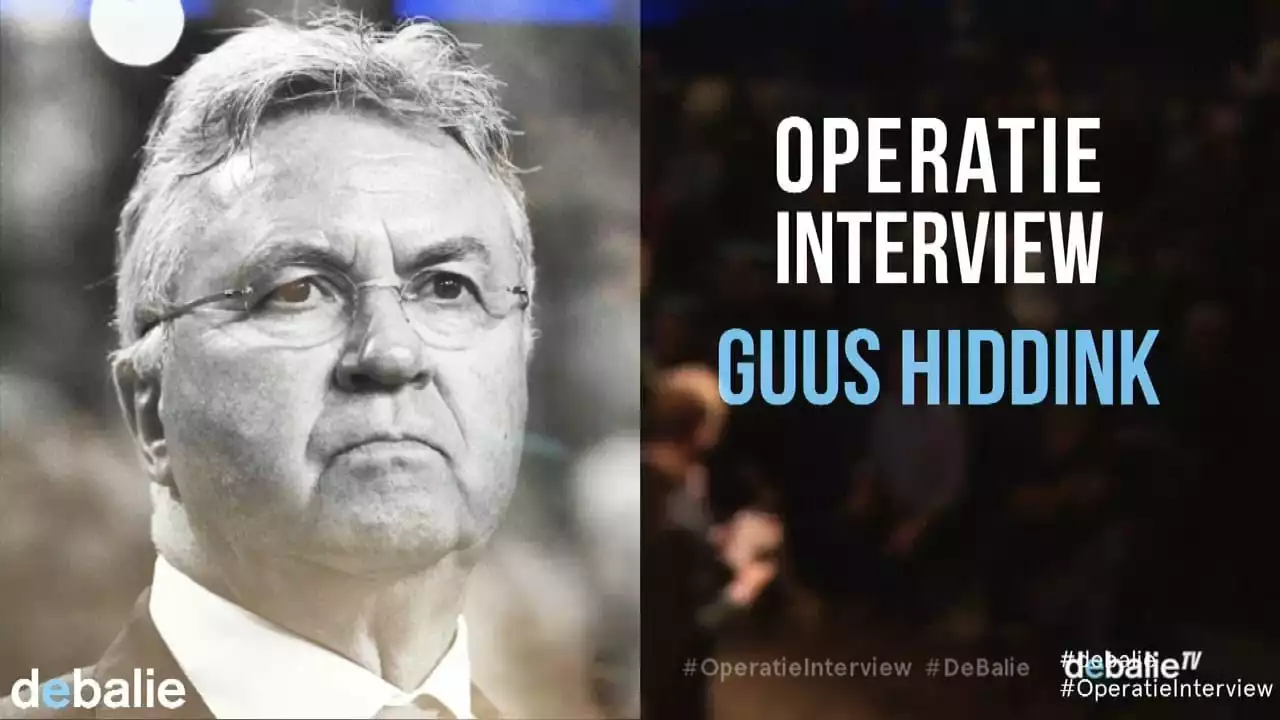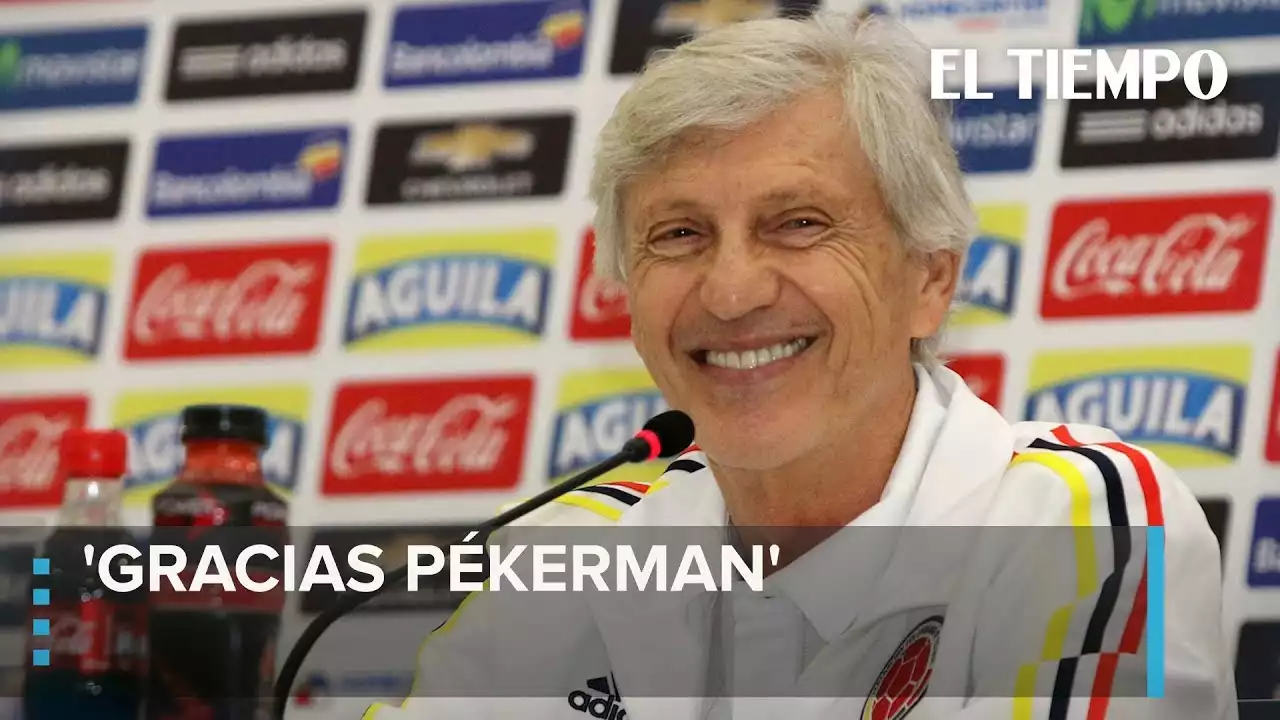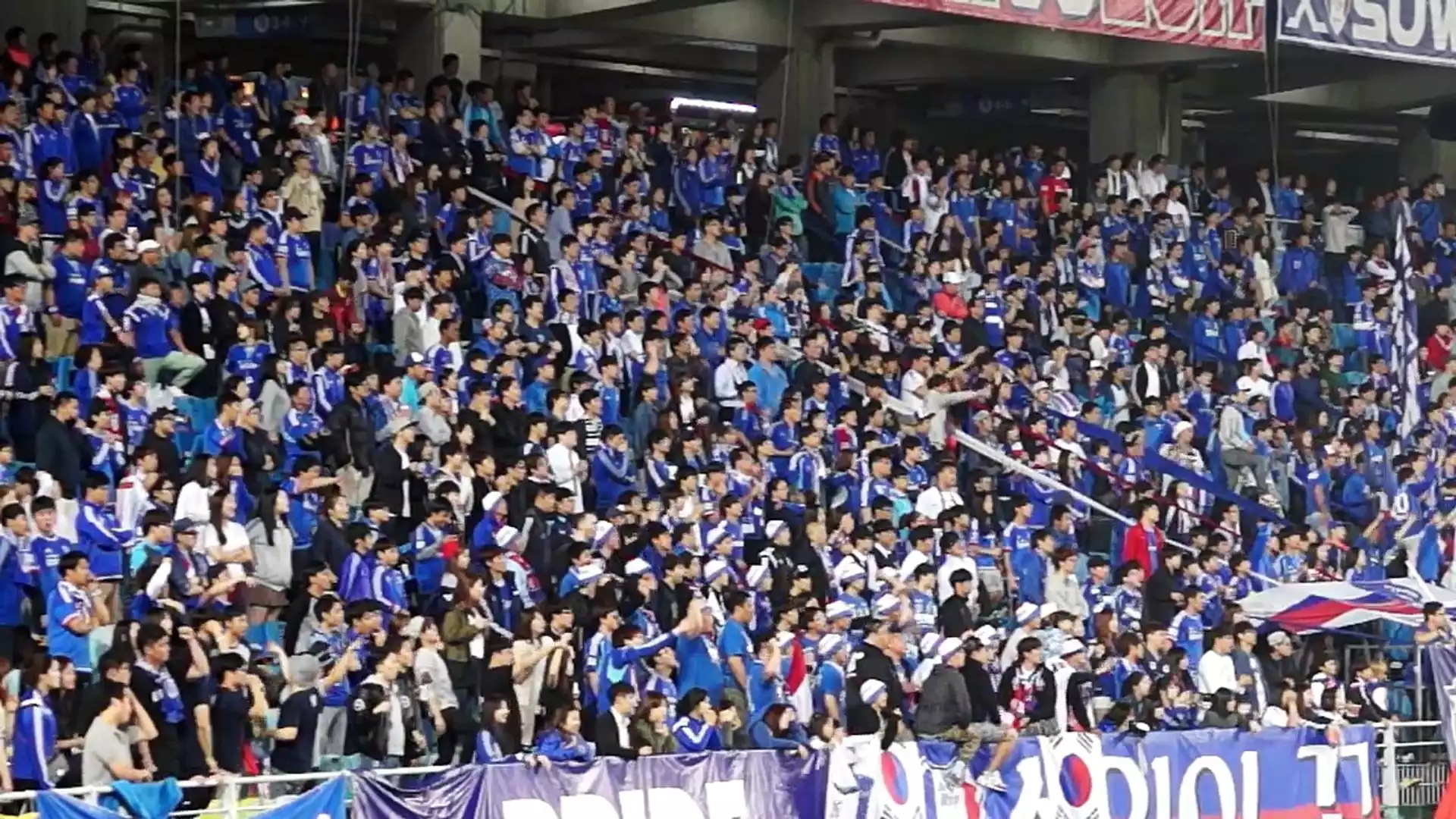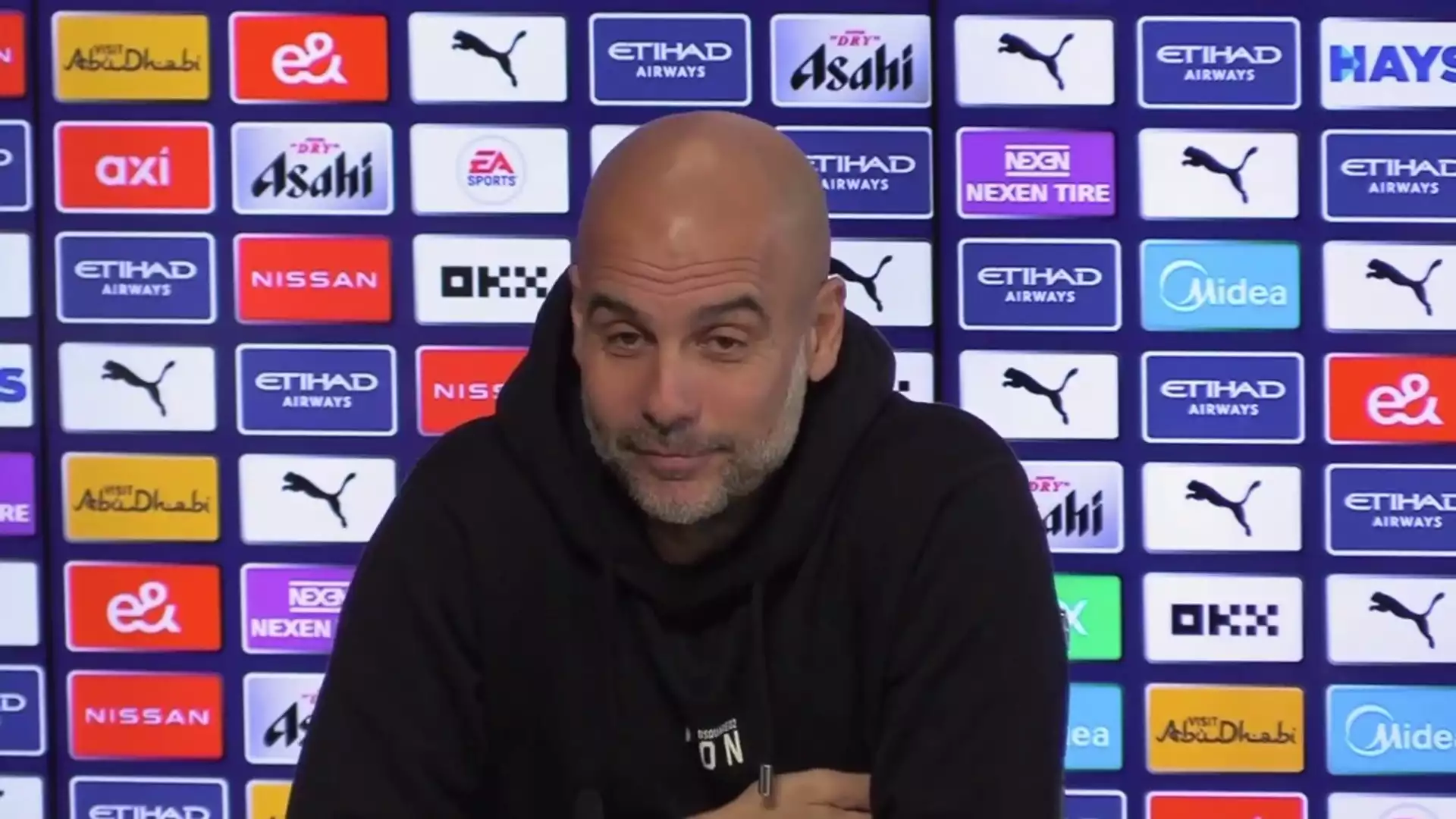Importance of strong management in youth tournaments
Youth tournaments like the U-20 World Cup serve as a platform for young players to showcase their skills and make a name for themselves in the world of football. However, the role of the manager cannot be understated in the success of a team in such tournaments. A strong manager can provide guidance, mentorship, and tactical expertise to help their team navigate through the challenges they face on the pitch.
One of the key qualities of a winning manager is their ability to develop and nurture young talents. These managers understand the importance of player development and focus on creating an environment that fosters growth and improvement. They have a keen eye for talent and know how to maximize the potential of their players. By implementing effective training programs and providing individualized attention, these managers help their players reach new heights.
Another crucial aspect of successful management in youth tournaments is the ability to instill a winning mentality in the team. These managers understand that confidence and belief play a significant role in the performance of young players. They create a positive and supportive atmosphere that encourages their team to take risks, push their boundaries, and strive for greatness. By building a strong team spirit and instilling a sense of resilience, these managers empower their players to overcome obstacles and achieve success.
The impact of a strong manager goes beyond the tournament itself. It can shape the future of a player's career and lay the foundation for their success at the senior level. A manager who can effectively guide and develop young talents can help them transition smoothly into professional football and reach their full potential.
Case study: The success of Jose Pekerman with Argentina (1995, 1997)
Jose Pekerman is undoubtedly one of the most successful managers in the history of the U-20 World Cup. Under his guidance, Argentina won the tournament in 1995 and 1997, showcasing their dominance on the youth football stage. Pekerman's success can be attributed to his exceptional tactical acumen and his ability to nurture young talents.
Pekerman's tactical approach was built on a solid foundation of discipline, organization, and a strong emphasis on teamwork. He believed in the importance of a well-structured system that allowed his players to express their individual strengths while working together as a cohesive unit. His teams were known for their fluid attacking play, intricate passing movements, and solid defensive organization.
But Pekerman's success extended beyond his tactical brilliance. He had an uncanny ability to identify and develop young talents. During his tenure, he discovered and nurtured players like Juan Roman Riquelme, Pablo Aimar, and Esteban Cambiasso, who would go on to have successful careers at the senior level. Pekerman's focus on player development and his ability to bring out the best in his young talents played a crucial role in Argentina's success in the U-20 World Cup.
Case study: The achievements of Guus Hiddink with the Netherlands (1981) and South Korea (1983)
Guus Hiddink is a name that is synonymous with success in international football management. His achievements in the U-20 World Cup are a testament to his exceptional managerial skills. Hiddink led the Netherlands to victory in the 1981 U-20 World Cup and later repeated his success with South Korea in 1983.
Hiddink's managerial style was characterized by his innovative approach to the game. He was known for his ability to adapt to different playing styles and devise game plans that exploited the weaknesses of his opponents. His teams were well-drilled and disciplined, and his tactical flexibility allowed him to adjust his strategies based on the strengths and weaknesses of his opponents.
But Hiddink's success was not limited to his tactical prowess. He had a unique ability to motivate and inspire his players. He created an atmosphere of belief and confidence within his teams, instilling a winning mentality that propelled them to success. Hiddink's ability to connect with his players on a personal level and earn their trust and respect played a crucial role in his teams' triumphs in the U-20 World Cup.
Case study: The managerial success of Marcelo Bielsa
Marcelo Bielsa is a legendary figure in the world of football management, known for his innovative approach to the game and his unwavering commitment to attacking football. While he never won the U-20 World Cup, his impact on the tournament cannot be ignored.
Bielsa's teams were known for their high-intensity pressing, relentless attacking play, and tactical flexibility. He believed in a proactive style of football that focused on dominating possession, creating scoring opportunities, and imposing his team's style of play on the opposition. His teams were a joy to watch and had a significant impact on the development of young players.
But Bielsa's influence went beyond his tactical brilliance. He was a visionary manager who emphasized the importance of player development and progression. He had a keen eye for talent and was instrumental in the development of players like Gabriel Batistuta, Juan Roman Riquelme, and Pablo Aimar, who would go on to have successful careers at the senior level. Bielsa's dedication to player development and his ability to create an environment that allowed young talents to flourish made him one of the most influential managers in the history of the U-20 World Cup.
Case study: The managerial success of Tab Ramos
Tab Ramos is a name that is synonymous with success in the U-20 World Cup. As both a player and a manager, Ramos has left an indelible mark on the tournament. He led the United States U-20 team to their best-ever finish in the competition, reaching the quarterfinals in 2015.
Ramos' managerial style was characterized by his emphasis on attacking football and his ability to develop young talents. He created an environment that allowed his players to express themselves and play with freedom, while also instilling a strong defensive discipline. His teams were known for their high-intensity pressing, quick transitions, and creative attacking play.
But Ramos' impact went beyond his tactical approach. He had a unique ability to connect with his players on a personal level and earn their trust and respect. His leadership skills and his ability to motivate and inspire his team played a crucial role in their success in the U-20 World Cup. Ramos' focus on player development and his ability to create an atmosphere of belief and confidence within his team made him one of the most successful managers in the history of the tournament.
Case study: The impact of Sergio Batista with Argentina (2005, 2007)
Sergio Batista is another manager who has left an indelible mark on the U-20 World Cup. Under his guidance, Argentina won the tournament in 2005 and 2007, showcasing their dominance on the youth football stage. Batista's success can be attributed to his exceptional tactical acumen and his ability to develop young talents.
Batista's tactical approach was built on a solid foundation of attacking football and a focus on possession-based play. He believed in the importance of controlling the game through precise passing and intelligent movement off the ball. His teams were known for their fluid attacking play, intricate passing movements, and solid defensive organization.
But Batista's success extended beyond his tactical brilliance. He had an exceptional ability to identify and develop young talents. During his tenure, he discovered and nurtured players like Sergio Aguero, Angel Di Maria, and Ever Banega, who would go on to have successful careers at the senior level. Batista's focus on player development and his ability to bring out the best in his young talents played a crucial role in Argentina's success in the U-20 World Cup.
Lessons learned from successful U-20 World Cup managers
The success of these winning managers in the U-20 World Cup can teach us valuable lessons about the art of management in youth tournaments. Firstly, it is crucial to focus on player development and provide young talents with the necessary tools and guidance to reach their full potential. Secondly, building a strong team spirit and instilling a winning mentality is essential for success in youth tournaments. Lastly, tactical acumen, innovation, and adaptability are key qualities that can make a manager stand out in the U-20 World Cup.
Challenges and obstacles faced by managers in youth tournaments
Managing a team in a youth tournament like the U-20 World Cup comes with its fair share of challenges and obstacles. One of the biggest challenges is dealing with the pressure and expectations that come with representing a country at an international level. Young players may struggle to handle the weight of expectations and may require additional support and guidance from their manager.
Another challenge faced by managers in youth tournaments is the limited time they have to work with their players. Unlike club football, where managers have months to prepare their teams for a season, managers in youth tournaments have a limited amount of time to develop a cohesive team and implement their strategies. This requires efficient planning, effective communication, and the ability to make the most out of the limited time available.
The role of development and player progression in managerial success
The success of a manager in the U-20 World Cup is not solely determined by their performance in the tournament. It is also influenced by the development and progression of the players under their guidance. A manager who can effectively develop young talents and help them transition into professional football is more likely to be considered successful in the long run.
Player progression is a crucial aspect of managerial success in youth tournaments. A manager who can help young players grow and improve their skills, both on and off the pitch, is more likely to leave a lasting impact on their careers. By providing the necessary guidance, support, and mentorship, managers can help young talents navigate the challenges they face and reach their full potential.










